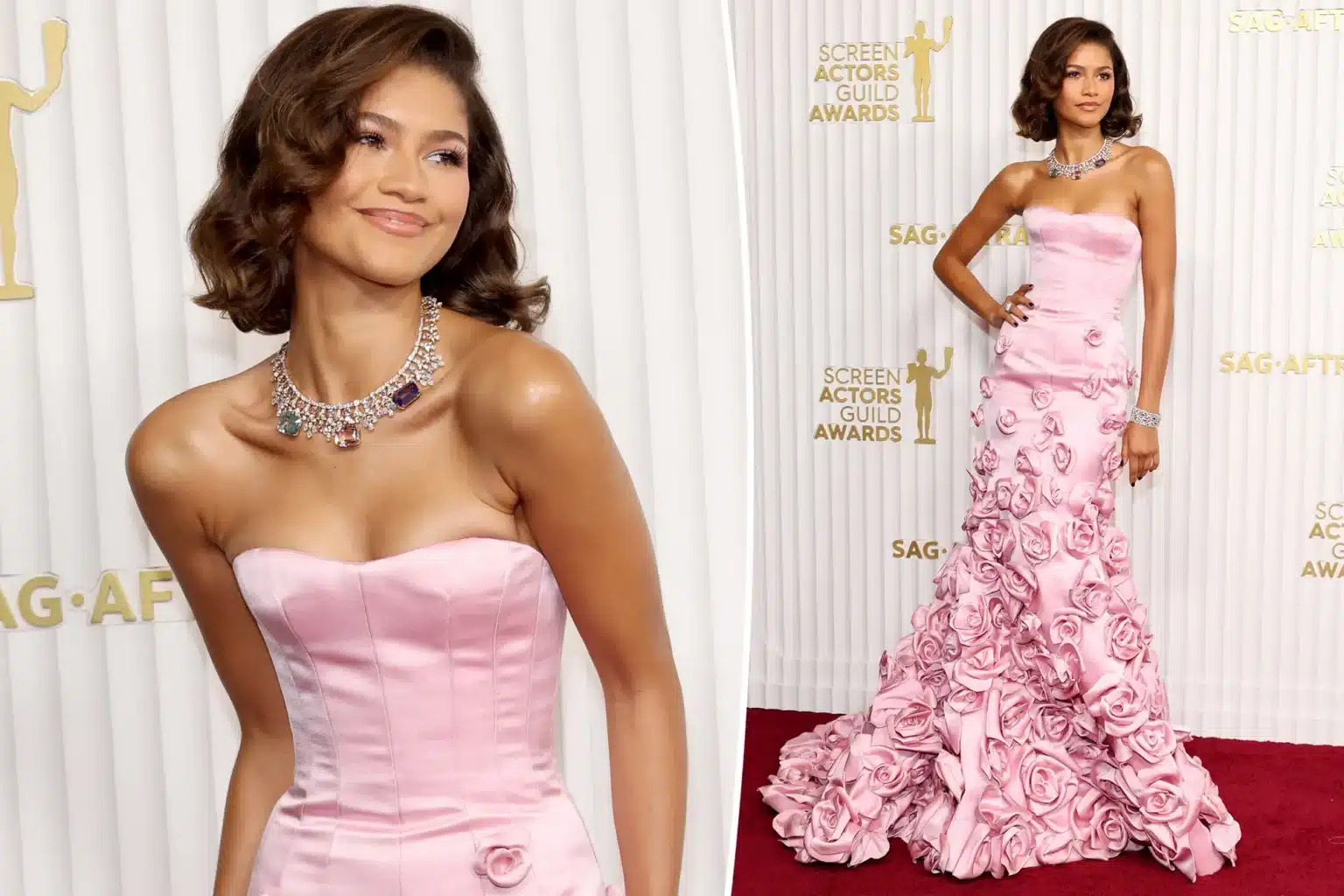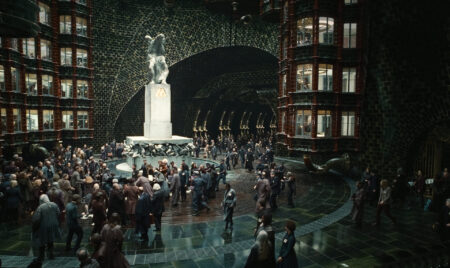Zendaya, the talented actress known for her role in “Spider-Man: No Way Home,” has stood firmly behind the Hollywood strikes. This time, her choice not to attend the Venice Film Festival, despite her involvement in the festival’s opening film, speaks volumes. Holding a significant position in the film industry, Zendaya’s decision reflects her commitment to the ongoing industry-wide struggles.
As Zendaya’s absence created a void, the festival commenced with the screening of “Comandante,” an Italian film set during World War II and predominantly aboard a submarine. The movie’s impact was palpable, receiving an impressive 90-second standing ovation. Yet, the effects of the Hollywood strikes could not be ignored during the festival’s opening night. The absence of A-list celebrities left a noticeable gap, resulting in a more subdued atmosphere outside the grand Sala Grande Theatre. This departure from the glitzy gatherings of past editions marked a significant shift.
The absence of marquee names did not, however, dampen the spirits of the attendees. Director Damien Chazelle, heading the Venice jury, was greeted with enthusiastic cheers, reflecting the industry’s unwavering support for his role. Alongside him, Director Jane Campion, an Oscar recipient for her work on “Power of the Dog” in 2021, embraced the crowds, signing autographs and sharing selfies, displaying a genuine connection with the fans.

At the heart of this unfolding narrative are the Hollywood strikes, led by the Writers Guild of America (WGA) and the Screen Actors Guild-American Federation of Television and Radio Artists (SAG-AFTRA). The widespread backing for these strikes from within the industry has prompted many prominent figures to skip major events such as film festivals. The echoes of these labor actions are resonating through the industry, resulting in a conspicuous lack of A-list celebrities during the opening night of the Venice Film Festival.
Zendaya’s absence serves as a poignant reminder of the larger struggle Hollywood is engaged in. Despite the allure of prestigious events like the Venice Film Festival, the industry’s dedication to addressing deeply rooted issues remains unwavering. The spotlight may have shifted away from the red carpet due to the absence of prominent faces, but the commitment to advocating for a more equitable and representative industry remains at the forefront.

While the glitz and glamour associated with star-studded gatherings were muted, the festival’s cinematic offerings still shone brightly. “Comandante,” a compelling choice for the opening night, demonstrated the enduring power of storytelling to captivate audiences, transcending the challenges posed by the ongoing strikes. The absence of headliners did not overshadow the fact that the essence of the festival, the celebration of cinema, continued undeterred.
As the Venice Film Festival progresses, the industry’s collective resolve for change is evident. Directors like Chazelle and Campion symbolize the industry’s tenacity to navigate the hurdles. Their interactions with fans reaffirm that the spirit of cinema extends beyond the glimmer of fame—it’s about the shared love for the art form.
The Hollywood strikes, with their industry-wide impact, are driving transformation. Even in the absence of glittering star power, the festival remains a platform for meaningful conversations about the future of entertainment. Hollywood’s stars are making a statement: their commitment to improving the industry goes beyond individual accolades and red carpet appearances.
In the midst of these strikes, the Venice Film Festival stands as a testament to the industry’s resilience and its dedication to reform. The absence of certain key figures is a visual representation of the industry’s determination to drive change. It is a bold declaration that Hollywood’s stars, even while walking red carpets elsewhere, are standing united for a better













